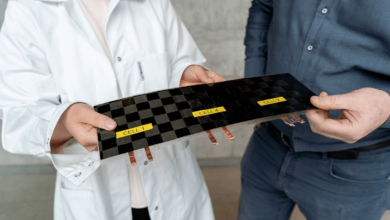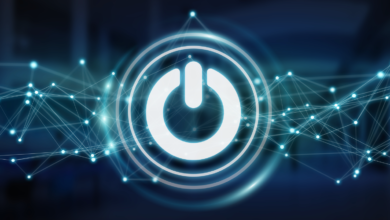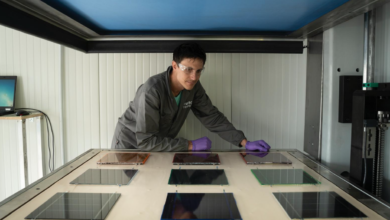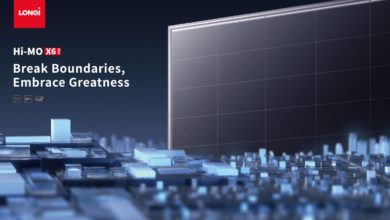From China the Lithium-ion battery that charges to 60% in 5 minutes
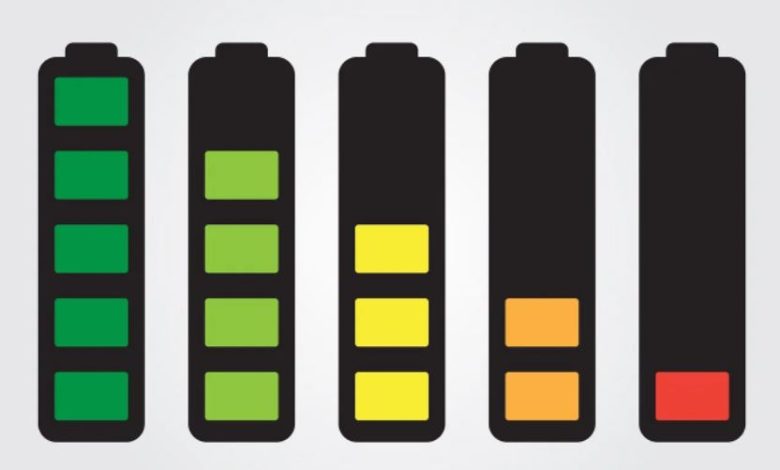
The Lithium-ion battery that does not give in to compromises
(Sustainabilityenvironment.com) – Comes from a group of Chinese research institutes the new super Lithium-ion battery. An adjective deserved since the device in question can charge to 60% in just over 5 minutes. To understand the scope of innovation just think that a traditional battery reaches at the same time a level of charge of 40%. Progress has been made possible thanks to the creation of a structurally ordered electrode, able to overcome the main bottlenecks by fast charging.
One of the challenges facing the future of electric mobility is undoubtedly being able to cut charging times for storage devices. One of the main technical obstacles, when it comes to lithium-ion technology, is at the anode level. Most of these electrodes are made from an unsorted graphite paste. This structure offers a slow reaction kinetics and, in case of a rapid charge, it encounters a damaging polarization effect that leads to the plating of the surface.
To overcome this problem, scientists led by the University of Science and Technology of China, have designed a new porous architecture, characterized by the optimization of the spatial distribution of particles.
In detail, they copper coated, a standard anode in graphite, and later added copper nanowires to the dough. They then heated and cooled the anode, resulting in a more orderly material.
As reported by TechXplore, the electrode was incorporated into a lithium-ion battery allowing a 60% charge in 5.6 minutes and 80% in 11.4 minutes. And at the same time offers a high volumetric energy density of 701 Wh/l. “They did not test how long it would take to charge to 100% because doing so is not recommended for such batteries”, writes Bob Yirka of TechXplore.
The research lays the foundation for a new super battery overcoming the compromise between energy density and fast charging performance. The study was published in Science Advances.


